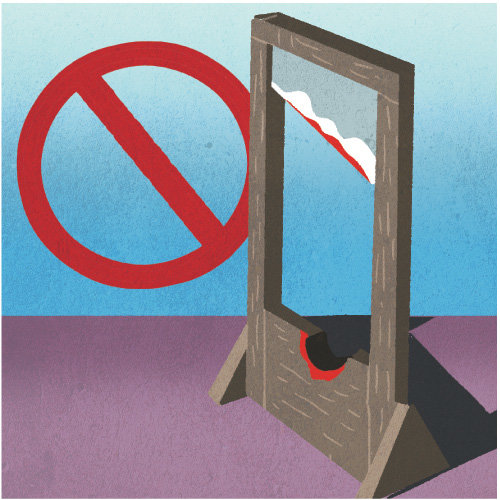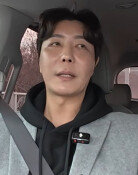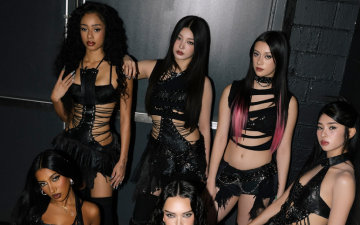A death witnessed by a boy
A death witnessed by a boy
Posted October. 28, 2020 07:37,
Updated October. 28, 2020 07:37

A past hurt sometimes provides a cause for one’s beliefs. An anecdote in Albert Camus’s novel “The First Man,” which was left unfinished due to his death at the age of 47, is a good example.
One day, a grandmother told her grandson to bring a chicken from a chicken coop, encouraging him by saying that he is braver than his older brother or other coward family members. The boy could not refuse after she complimented him on his bravery. However, it wasn’t an easy task. The chicken coop was filled with noises made by scared chickens. He was scared as much as them. The coop’s floor was dirty and chickens were running around flapping their wings. He caught one with difficulty and brought it to his grandmother with a pale face. The grandmother said she will show him how to kill a chicken as he was very brave. “Stand there,” she said. The boy was trapped inside the kitchen and watched everything without being able to move. The grandmother cut and twisted the chicken’s throat and stuck a knife deep into a cartilage part. A terrifying spasm went through the chicken’s body. Blood ran down into a white plate. The boy felt like his own blood was leaving his body. His legs were shaking. Over the chicken’s now hazy eyes, its eyelids closed. That was the end of life.
As the novel is based on his own childhood, the boy in the story was Camus himself. The anecdote was what he himself experienced. The dying chicken had been deeply ingrained in his brain. He never forgot about the sense of fear he felt witnessing the chicken’s death. It was a trauma, but this trauma was an event for him to realize the preciousness of life. His extended essay titled “Reflections on the Guillotine,” which called for the abolition of the death penalty, was not unrelated to the event. The essay published in 1957 made an important contribution to France’s abolition of the death penalty. The traumatic event he experienced in childhood deepened his thoughts and helped him see every life, including humans’, with kind eyes.





![하버드 의사가 실천하는 ‘뇌 노화 늦추는 6가지 습관’ [노화설계]](https://dimg.donga.com/c/138/175/90/1/wps/NEWS/IMAGE/2026/01/22/133210626.3.jpg)

